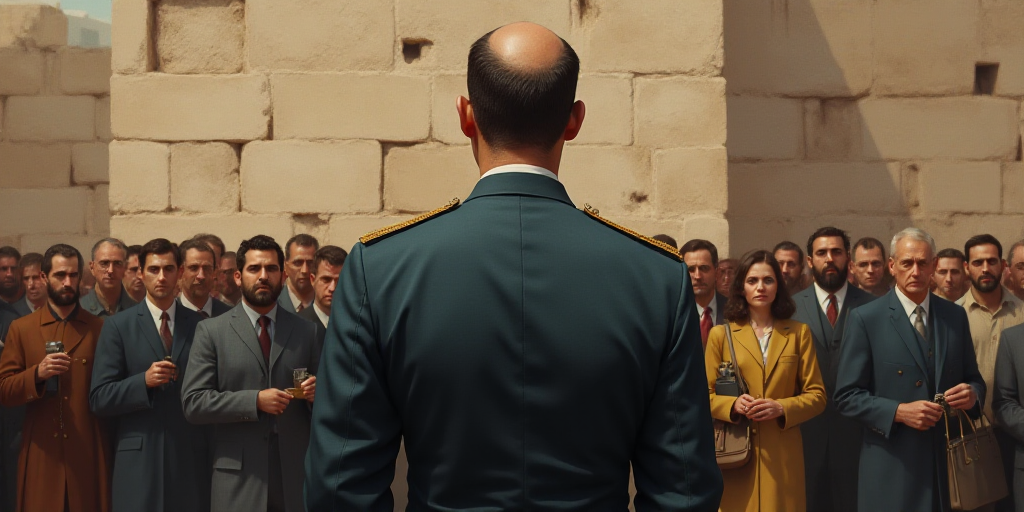Background on Key Figures and Context
The Israeli military is facing internal disagreements regarding the full occupation of Gaza, as highlighted by recent statements from key figures. The Minister of Defense, Israel Katz, has affirmed that the military will execute political decisions, including those made by Prime Minister Benjamin Netanyahu. Meanwhile, the Chief of Staff, General Eyal Zamir, has expressed reservations about expanding military operations in Gaza and achieving a complete victory over Hamás while ensuring the safe return of hostages.
Who are the key figures?
- Israel Katz: The Israeli Minister of Defense, responsible for overseeing the military and its operations.
- Benjamin Netanyahu: The Prime Minister of Israel, who has set the political direction for military actions in Gaza.
- Eyal Zamir: The Chief of Staff of the Israeli military, who has voiced concerns about a full Gaza occupation.
Why are they relevant?
These figures play crucial roles in shaping Israel’s military strategy and response to the ongoing conflict with Hamás in Gaza. Their differing opinions on the full occupation of Gaza highlight the internal debate within the Israeli government and military regarding the best course of action.
Key Points and Developments
Military Chief’s Warning
General Zamir has warned that a full occupation of Gaza would be a “trap,” according to reports from Israeli media. He reportedly expressed his concerns during a meeting, emphasizing the potential dangers of intensifying combat operations that could lead to the deaths of remaining hostages.
Political Decisions and Military Execution
Minister of Defense Israel Katz stated that it is the duty of the Chief of Staff to voice his opinions in appropriate forums. However, once political decisions are made, the military will carry them out with determination and professionalism, according to Katz.
Opposition to Full Conquest
General Zamir has reportedly opposed the decision to completely conquer Gaza, a stance that aligns with Israel’s previous occupation of the territory between 1967 and 2005. The opposition leader, Yair Lapid, has warned that the government’s direction will lead to the deaths of all hostages due to starvation, beatings, and torture.
Humanitarian Crisis in Gaza
The blockaded Gaza Strip faces a severe humanitarian crisis, with limited access to essential aid. Recently, 22 people died in a tragic accident when a food distribution truck overturned on a crowd in Nuseirat, central Gaza. Hamás has accused Israel of deliberately obstructing the safe passage and distribution of humanitarian aid, despite recent limited authorization for some aid trucks.
International Response
Médicos Sin Fronteras representative Caroline Willemen has described the situation in Gaza as a “crisis of hunger,” emphasizing the devastating conditions and the risks faced by those seeking aid. The Israeli embassy in Mexico has also raised concerns about the lack of international media coverage on the suffering of hostages in Gaza, urging the United Nations Security Council to address this issue.






